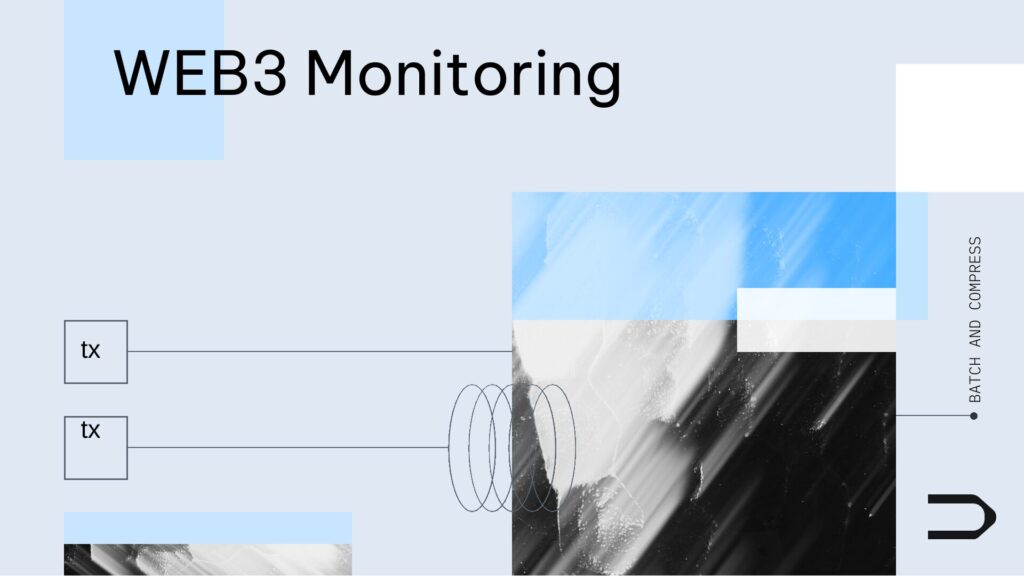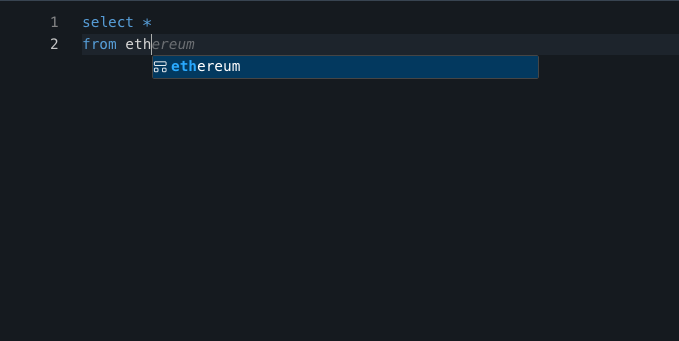
Web3 Monitoring continuously tracks blockchain activities, such as transactions and smart contract interactions, to identify anomalies, ensure security, and maintain operational transparency across decentralized networks. Web3 Monitoring empowers developers and organizations with real-time insights to safeguard their projects.
Why Blockchain Monitoring is Important
The need for security on the blockchain is ever-increasing, and the demands for innovative security solutions have also surged in recent years. The complexity of hacks and security breaches leaves no room for errors as the blockchain has shown to be unforgiving by design in punishing any possible lapses. In the last few years, attacks from private transaction pools have increased because attackers can bypass traditional defenses and exploit vulnerabilities without detection, limiting current security approaches and elucidating the need for more proactive measures. As codebases strengthen to counter these security risks, social engineering presents malicious actors with new ways to defraud people, hence the increased need for monitoring activity on the blockchain.
Web3 monitoring involves:
- Analyzing activities over a specific timeframe can deliver security insights regarding potential malicious actors.
- Establishing baselines of behavior and identifying anomalies based on user preferences and previous interactions.
- Real-time wallet and token activity notifications to identify significant transfers and other risk indicators.
The customizable blockchain monitoring solution provided by Dedaub to detect on-chain activities, establish periodic executions, and create a custom alert using an enhanced PostgreSQL database to give a consistent view of blockchain data and maintain high efficiency in on-chain real-time monitoring embodies all the qualities of a sound Web3 monitoring system.
Web3 Monitoring as a Post-Audit Best Practice
Relying solely on smart contract audits to protect against hacks and security breaches is now considered outdated. While audits reduce the likelihood of attacks, they do not guarantee a secure system in the long run.
One important reason for this is that audits focus more on the codebase itself. Still, audits may only partially cover security issues arising from dependencies or the underlying blockchain architecture. In the blockchain environment, where threats are dynamic and evolving, new sophisticated attack vectors that may evade standard checks and vulnerabilities can occur, making a contract previously considered secure and vulnerable.
Contrary to public opinion that hacks occur suddenly, most attacks come with indicative signals usually present before the attack. By monitoring these stages of potential attack flags and signs with real-time monitoring, we finally have a system to cover security gaps and bolster the results of adequately audited smart contracts. Real-time monitoring of on-chain activity like transactions, multi-sig wallet operations, governance proposals, stacking, node infrastructure, and financial risks due to market manipulations to find out malicious incidents before they happen and prevent any breach that could have occurred in real-time can prove to solve about 98% of all security breaches. Monitoring helps to give risk insights and provide real-time detection of risks based on blockchain and meme pool data, allowing for recovery actions before any compromise.
How Dedaub Enhances Real-time Blockchain Monitoring
Dedaub’s real-time smart contract monitoring reinforces post-audit safeguards by identifying suspicious activities and offering fully customizable multichain protection against threats and unforeseen behaviors across Ethereum and other EVM-compatible chains.
The Dedaub Security Suite allows users to set up monitoring bots and queries to track on-chain activities and trigger custom actions through webhooks for free. It also flags unusual transactions and lets users stay alert to specific on-chain events with seamless cross-chain queries to ensure efficient monitoring.
With the monitoring star rating system, query ratings are now possible, allowing users to share their experiences and contribute to an expanding library of insights to help new and existing users find the best tools to achieve their goals faster and enhance functionality. The enhanced monitoring editor makes the query writing process quicker and easier to understand. It also gives suggestions in queries, together with an advanced error reporting system, to identify any issues arising from variables. The ability to join on-chain data with off-chain metadata also gives an essential edge in real-time monitoring.

Using multichain monitoring agents offers a network-agnostic solution that simplifies the process of tracking activity across multiple blockchains simultaneously. With the new cross-chain contract lists, managing data from various blockchain networks can be achieved through a single unified list.
Moreover, the advanced RPC fetch functions allow users to incorporate data directly from external REST APIs into their monitoring queries framework, increasing the capability and accuracy of real-time monitoring.
The latest version of Dedaub’s Security Suite introduces cutting-edge blockchain transaction monitoring features, including cross-chain capabilities, public function-based similarity, and an enhanced monitoring editor. These tools empower developers and organizations to maintain robust oversight with advanced security and efficiency. Learn more.
